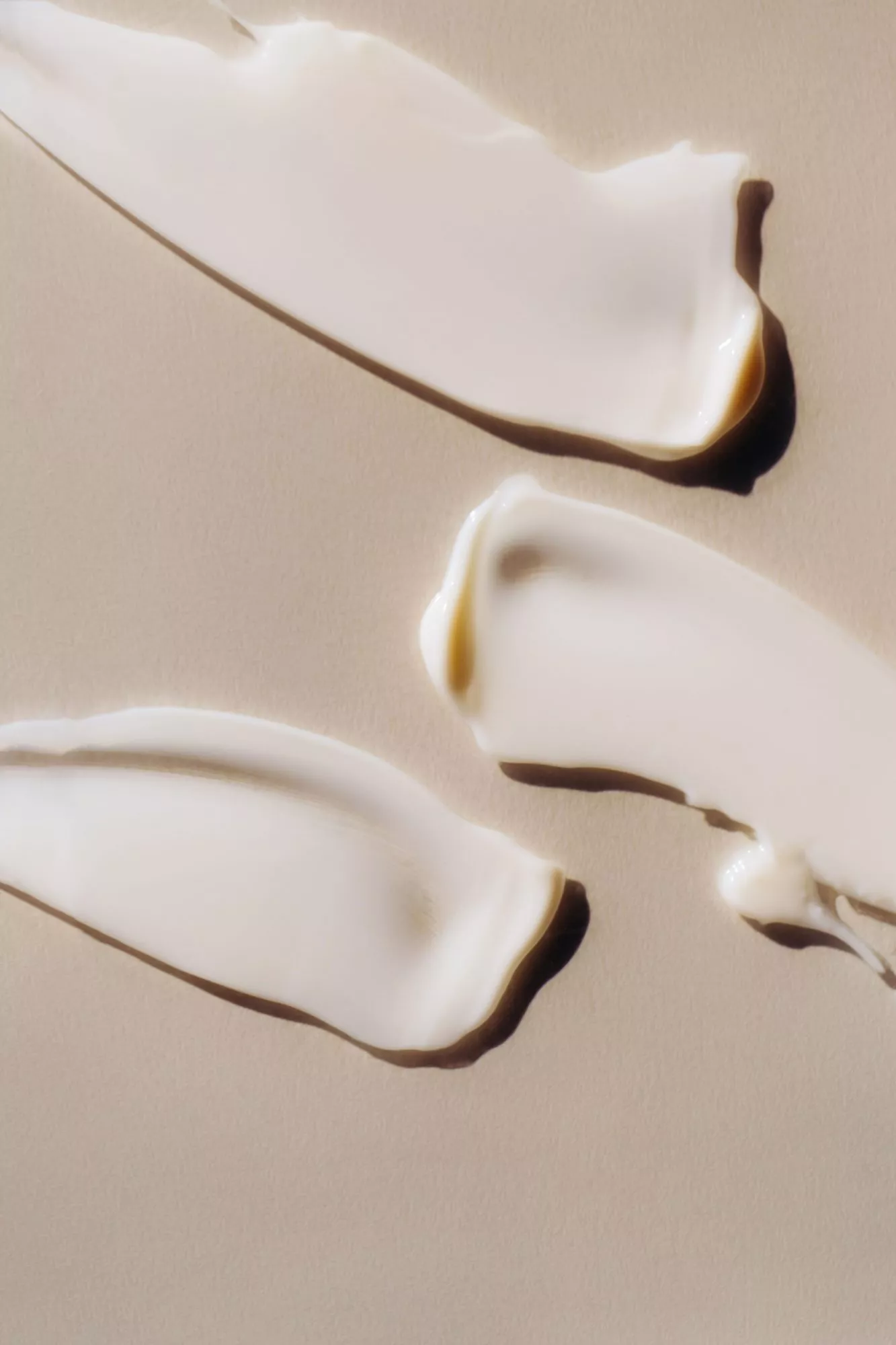Heading into the summer season, it’s more crucial than ever to have a sunscreen on hand that you trust. As a report from independent laboratory Valisure exposed last week, 27 percent of the sun block and after-sun products it evaluated included benzene, a carcinogen– and unsettlingly, numerous of them are family names.
Valisure, a pharmacy that batch tests medication before it reaches customers, tested 294 different batches of sun care items from 69 different business (discover the full results here, on page 12). It discovered that 78 of the samples tested included benzene, a compound that the CDC, World Health Organization, and National Institute for Occupational Safety and Health (NIOSH) specifies as a carcinogen by means of inhalation, skin absorption, ingestion, and skin and/or eye contact.

The NIOSH sets benzene’s suggested occupational exposure limit at.1 parts per million (ppm), which makes Valisure’s findings of 2 ppm or higher in some sunscreens, from Neutrogena, Sun Bum, and CVS Health, concerning. The FDA sets a suggested limitation of 2 ppm per day– but according to board-certified skin doctor Heather Rogers, any direct exposure to benzene is even worse than none, and there is an accumulative result of being exposed to benzene, meaning several exposures leads to more DNA damage.
She includes that benzene is associated with the advancement of blood cancers like leukemia, along with cancers of the lungs, GI tract, liver, ovaries and breasts, so if you spot your sun block on the lists of affected items, stop utilizing it. And while the CDC notes that benzene is “widely distributed in the environment,” that’s not exactly cause for comfort. “Benzene is a well-studied and widely known carcinogen in people. It has been revealed to be connected to blood cancers even when its levels in products remained in trace levels of parts per million,” board-certified skin specialist Emily P. Gerson tells InStyle.
Intensifying her concern is the FDA’s 2020 finding that 6 sun block components– avobenzone, oxybenzone, octocrylene, homosalate, octisalate, and octinoxate– were absorbed through the skin and into the body, resulting in measurable blood levels. Given that and Valisure’s discoveries, both Gerson and Rogers favor the FDA remembering the affected items.
The lab highlights that the presence of benzene appears to be from producing contamination, unassociated to the particular sunscreen ingredients used. Based on that, it’s safe to select a sun block from the list of options that Valisure didn’t identify any benzene in, among them the below SPFs from Neutrogena, Aveeno, La Roche-Posay, CVS Health, and Banana Boat.
For their part, a Neutrogena representative states: “Nothing is more vital than the health and wellness of individuals who utilize our items. Benzene is not an active ingredient in any of our personal care products and we are evaluating the findings provided in this petition. Every component we utilize in our items is carefully picked to guarantee safety and efficiency in line with our extensive 5-step safety assurance process. We are devoted to making premium, safe and effective sun blocks readily available to consumers.”
Store licensed benzene-free sunscreens ahead.